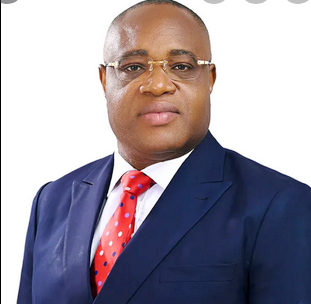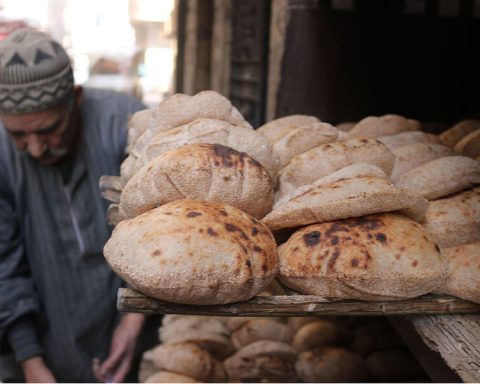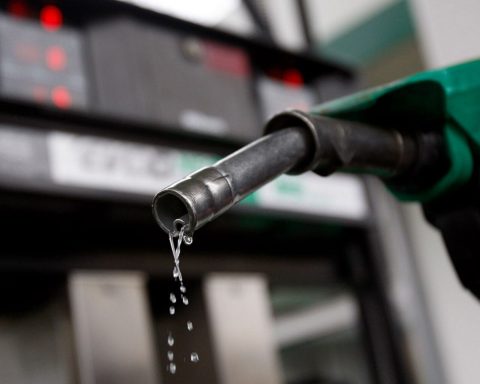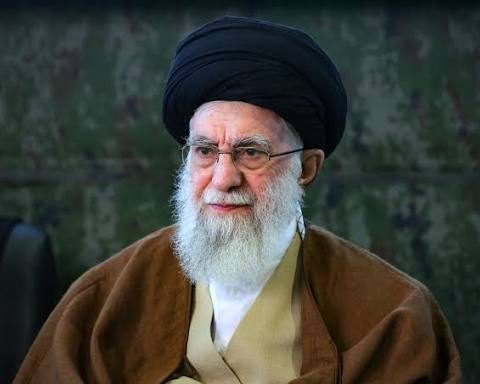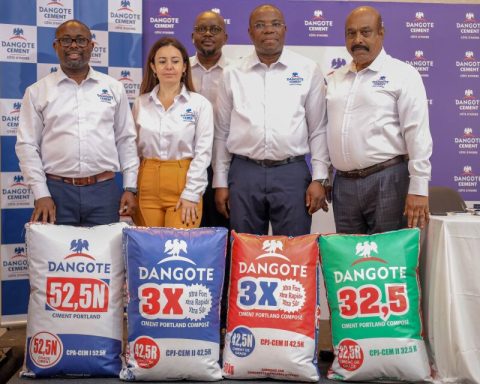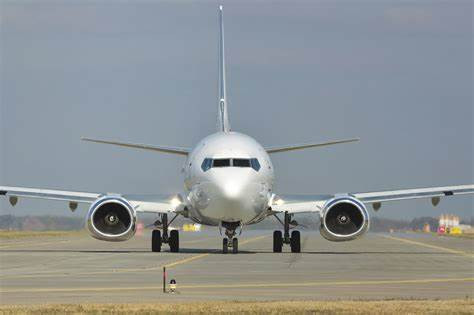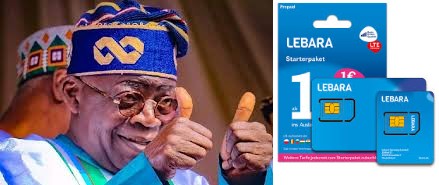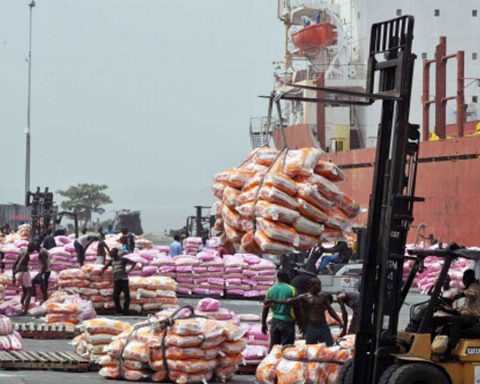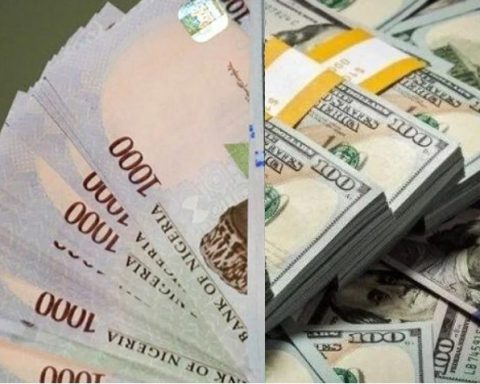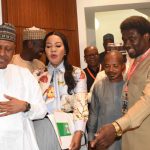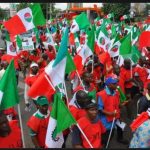Gabriel Ogbechie, CEO of Rainoil Limited, revealed that the federal government has reinstated fuel subsidy, and pays about N600 billion monthly due to the devaluation of the Naira in the foreign exchange market.
Speaking at the Stanbic IBTC Energy and Infrastructure Breakfast Session in Lagos, Ogbechie emphasized the resurgence of the controversial subsidy following fluctuations in currency exchange rates.
Join our WhatsApp Channel“When Mr. President came in May last year, one of the things he said is that Subsidy is gone. And truly subsidy was gone because immediately the price of fuel moved from 200 to 500 per liter. At that point truly, subsidy was gone,” Ogbechie stated, illustrating the initial elimination of the subsidy. However, he highlighted subsequent developments, indicating the reemergence of subsidy amid currency devaluation.
Ogbechie elucidated the correlation between exchange rates and subsidy, noting, “During that period, the Dollar was exchanging for N460, but a few weeks later, the government devalued the exchange rate. And the Dollar moved to about N750. At that point, subsidy was beginning to come back.” He further underscored the impact of exchange rate shifts, stating, “The moment the two markets officially closed, officially, the market went to about N1,300. At that point, that conversation was out of the window. Subsidy was fully back on petrol.”
READ ALSO: Invest Fuel Subsidy Removal Gains On Infrastructural Devt, NECA Advises Nigerian Govt
Highlighting the financial implications, Ogbechie outlined the substantial monthly expenditure on subsidy. “So I can tell you for free that there is at least N400 or N500 liters subsidy on petrol today. If you look at our daily consumption, say 40 million liters, and we’re spending N500 per liter, that is about N20 billion every day, N600 billion every month and 7.2 trillion yearly depending on how we look at it,” he explained.
Moreover, Ogbechie emphasized the role of NNPC as the sole importer of petrol in Nigeria, attributing it to the ongoing subsidy. “And if you look at it, NNPC remains the sole importer of petrol in this country because there is a subsidy on petrol so the price has to be pegged,” he added.
The resurgence of fuel subsidy has sparked widespread debate, with stakeholders expressing divergent views on its necessity and implications. Former Kaduna State governor, Nasir El Rufai, recently asserted that the federal government is spending more on petrol subsidy than before, echoing concerns over the fiscal impact of subsidy reinstatement.
In contrast, the Special Adviser to the President on Energy, Mrs. Olu Veŕheijen, defended intermittent subsidy payments, citing the government’s prerogative to maintain price stability amidst economic challenges. “The subsidy was removed on May 29. However, the government has the prerogative to maintain price stability to address social unrest. They reserve the right to intervene,” Veŕheijen remarked.
However, NNPC’s stance on subsidy contradicts assertions made by industry players. Mele Kyari, GCEO of NNPC, asserted in August 2023 that the company is merely recovering import costs and not receiving subsidies from the federal government. “I told you there’s no subsidy whatsoever, we are recovering our full cost from the products that we import,” Kyari clarified, dismissing claims of subsidy payments.
The resurgence of fuel subsidies amidst currency devaluation underscores the intricate interplay between economic factors and government policy. As stakeholders continue to debate the implications of subsidy reinstatement, the Nigerian populace awaits further developments in fuel pricing and economic stability.


